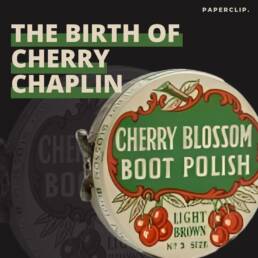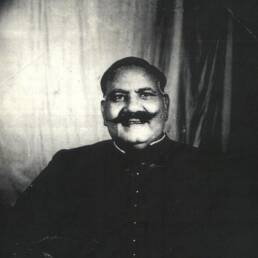Are you still grooving to ‘Khalasi’ by Aditya Gadhvi and Achint Thakkar? Though the song is entirely in Gujarati, its multicultural charm is unmistakable, and we couldn’t help but draw a connection to a country bar in good old Calcutta. Let’s begin.
The song speaks of a Khalasi, a sailor who is on this arduous journey through the shores of Gujarat. The word itself according to historians originates from Arabia and has come to define seafaring people who are skilled in making boats.
Interestingly, in Calcutta during the 60s and 70s, a group of individuals called themselves ‘Khalasis’ as a symbolic protest against the establishment. But contrary to the traditional association with sailors, these people were avant-garde writers and poets.
Yet they had something in common – an association with a country liquor bar near Wellington Crossing named Khalasitola. The bar and the brand of liquor it sells commonly called ‘Bangla’ has an interesting story to tell.
So back in the 19th century when the EIC operated out of Calcutta, the city got divided into the White Town, where the so-called fashionable English elites built their small palaces.
And then there was the Black Town where native Bengalis lived. As the city expanded, all sorts of people rolled into the black town including sailors, and workers. Over time, dens of alcohol and opium burgeoned in the town.
The liquor served was made from local paddy or ‘dhaan’ as it is called in Bengali and was affectionately called Dhyaneshwari. The indigenous liquor was a hit not only among the locals but also among foreigners who found their way into Black Town’s infamous dens.

As the 19th century rolled on, a section of the Bengali society, particularly those who had close ties with the Company, started looking down upon the desi liquor; it was also a time when foreign liquor had become readily available.
This sort of divide between desi and foreign liquor bars continued well into the 20th century. Untìl the 1950s, a certain section of the Bengali society, enamored by new hope and desires, started to frequent the dens of desi liquor.
Khalsitola perhaps gets its name from being frequented by Khalasis who, after a strenuous day’s work on the docks, gathered for a drink. In Bengali colloquialism, the term ‘Khalasi’ is commonly used to refer to labour-class workers or porters.
The bar grew into prominence, when Bengali fiction writer Kamal Kumar Majumdar started frequenting it . Following him, a lot of young writers and poets started visiting the den either to enhance their own creative prowess or to meet up with Majumdar.
During the sixties, the Hungryalist movement found its way to Khalasitola. The movement was founded on the premises of the Indian Coffee House on College Street by a certain Allen Ginsberg who used the den for poetry readings, many of whom were anti-establishment.
Following the events of 1964 when members of the Hungryalist movement were arrested on whimsical charges, many writers who frequented Khalasitola and other bars like it started calling themselves Khalasis, as a way of protest.
By the 80’s however, the charm was gone. With Majumdar’s death in 1979, the dens slowly stopped appealing to Bengali litterateurs and intellectuals. The Khalasis still frequent it, but with their hardened hands and weary backs, in pursuit of a good time amid the toils of a day’s work.
From the shores of Gujarat to the by-lanes of Calcutta, Khalasi transcends its maritime origins, becoming a poignant symbol of literature and of literary protest, an ode to the cultural tapestry we live in.
Sources:
Khalasitola: Story of a country spirit bar in Calcutta, by Amit Ranjan Basu; https://hungryalist.wordpress.com/2014/12/19/khalasitola-the-country-liquor-bar-where-the-hungryalists-used-to-arrange-poetry-reading-and-distributed-hungryalist-bulletin-during-sixties/




